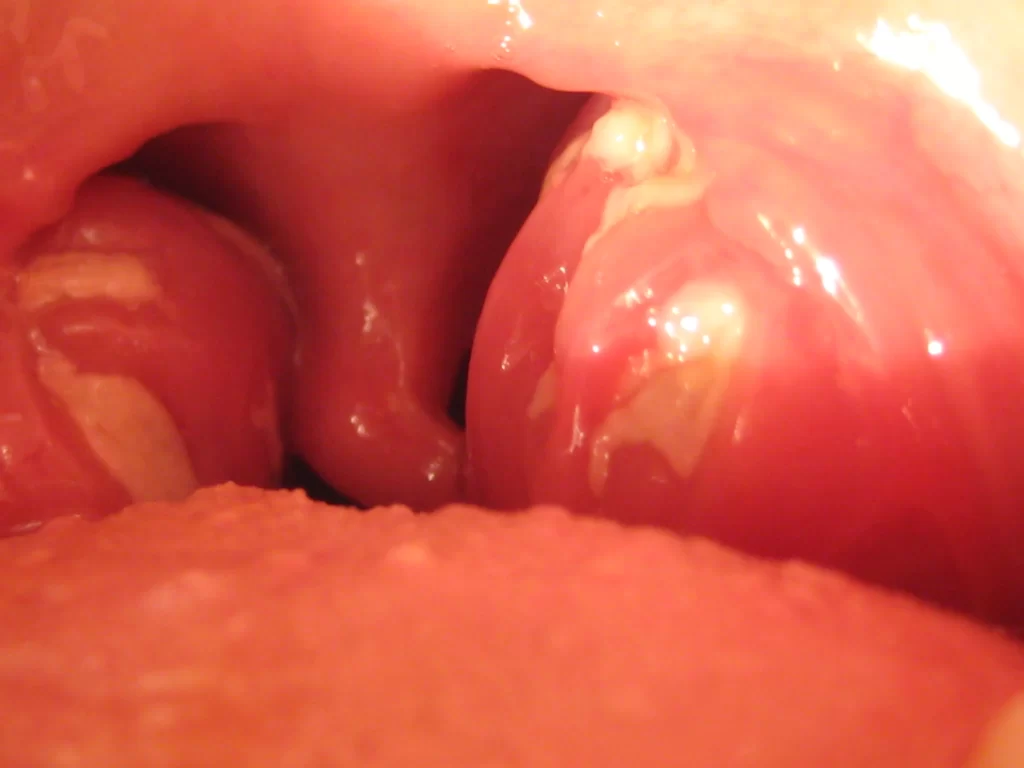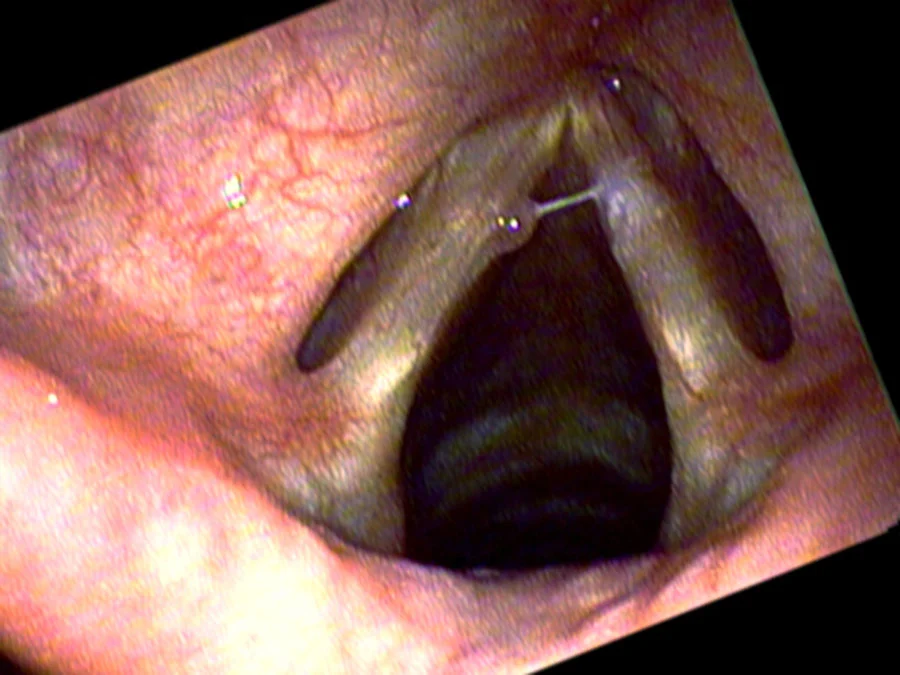
TONSILLITIS
Tonsillitis is a swelling of the pharyngeal tonsils, or the lumps at the back of the throat, caused by a viral or bacterial infection. There are several types of tonsillitis, including:
- Acute tonsillitis
- Recurrent tonsillitis
- Chronic tonsillitis
- Peritonsillar abscess tonsillitis
SLEEP APNOEA AND SNORING
Snoring occurs when air flow through the nose and mouth is obstructed. This causes the airway tissue to vibrate and make the snoring sound, can be a sign of a more serious medical condition called sleep apnea.


SWALLOWING DISORDERS
Brain damage, nerve damage, cancer, stomach reflux, and even old food can cause difficulty swallowing.
Symptoms can include not being able to swallow, drooling, hoarseness, heartburn and severe coughing or gagging.
VOICE DISORDER
Vocal cord abuse or excessive or inappropriate use of voice (e.g. shouting or speaking loudly, whispering, throat clearing and other activities that strain one’s vocal cords). Continued misuse of the voice can lead to laryngitis, nodules, polyps, cysts and vocal fold swelling, which may cause permanent damage.
allergies, sinus infections, neurological disorders, tobacco smoke, hormonal conditions, acid reflux, tumors and surgeries.

Throat Scopy Diagnostic
Throat Scopy is the best diagnostic tool for early diagnosis of cancer and precancerous changes as well as follow up for recurrence of cancerous disease and all other throat conditions.
Frequently Asked Questions (FAQ’s)
What are the common throat conditions treated by your clinic?
Your clinic specializes in diagnosing and treating various throat conditions, including:
Tonsillitis: Inflammation of the tonsils due to infection, leading to symptoms like sore throat, difficulty swallowing, and fever.
Sleep Apnea and Snoring: Disorders characterized by interrupted breathing during sleep, often accompanied by loud snoring.
Swallowing Disorders: Difficulties in swallowing, which may result from neurological issues, structural abnormalities, or other underlying conditions.
Voice Disorders: Conditions affecting the quality, pitch, or volume of the voice, often due to vocal cord issues or misuse.
What symptoms should prompt me to consult an ENT specialist?
You should consider consulting an ENT specialist if you experience:
Persistent sore throat lasting more than a few days.
Difficulty swallowing or a sensation of food getting stuck.
Hoarseness or voice changes lasting over two weeks.
Loud snoring or observed pauses in breathing during sleep.
Chronic cough or throat clearing.
Pain or swelling in the throat area.
How are these throat conditions diagnosed?
Diagnosis typically involves:
Clinical Evaluation: A thorough examination of your throat, voice, and swallowing function.
Endoscopic Examination: Using a flexible scope to view the throat and vocal cords for abnormalities.
Imaging Studies: In some cases, X-rays or CT scans may be recommended to assess structural issues.
Laboratory Tests: Throat cultures or blood tests to identify infections or other underlying conditions.
What treatment options are available for throat conditions?
Treatment depends on the specific condition and may include:
Medications: Antibiotics for bacterial infections, anti-inflammatory drugs, or acid reflux medications.
Voice Therapy: Guided exercises to improve vocal cord function and reduce strain.
Surgical Interventions: Procedures like tonsillectomy for recurrent tonsillitis or corrective surgery for structural abnormalities.
Lifestyle Modifications: Recommendations such as dietary changes, weight management, or sleep position adjustments to alleviate symptoms.
What can I expect during a consultation for throat issues?
During your consultation, you can expect:
Detailed Medical History: Discussion of your symptoms, medical history, and lifestyle factors.
Physical Examination: Assessment of your throat, neck, and related structures.
Diagnostic Testing: If necessary, recommendations for further tests or imaging studies.
Personalized Treatment Plan: Development of a tailored approach to address your specific condition.
How can I prevent common throat problems?
Preventive measures include:
Maintaining Good Hygiene: Regular handwashing to prevent infections.
Avoiding Smoking and Excessive Alcohol: These can irritate the throat and vocal cords.
Staying Hydrated: Drinking plenty of fluids to keep the throat moist.
Managing Allergies and Acid Reflux: Controlling these conditions can prevent throat irritation.
Using Proper Voice Techniques: Especially important for individuals who use their voice professionally.
